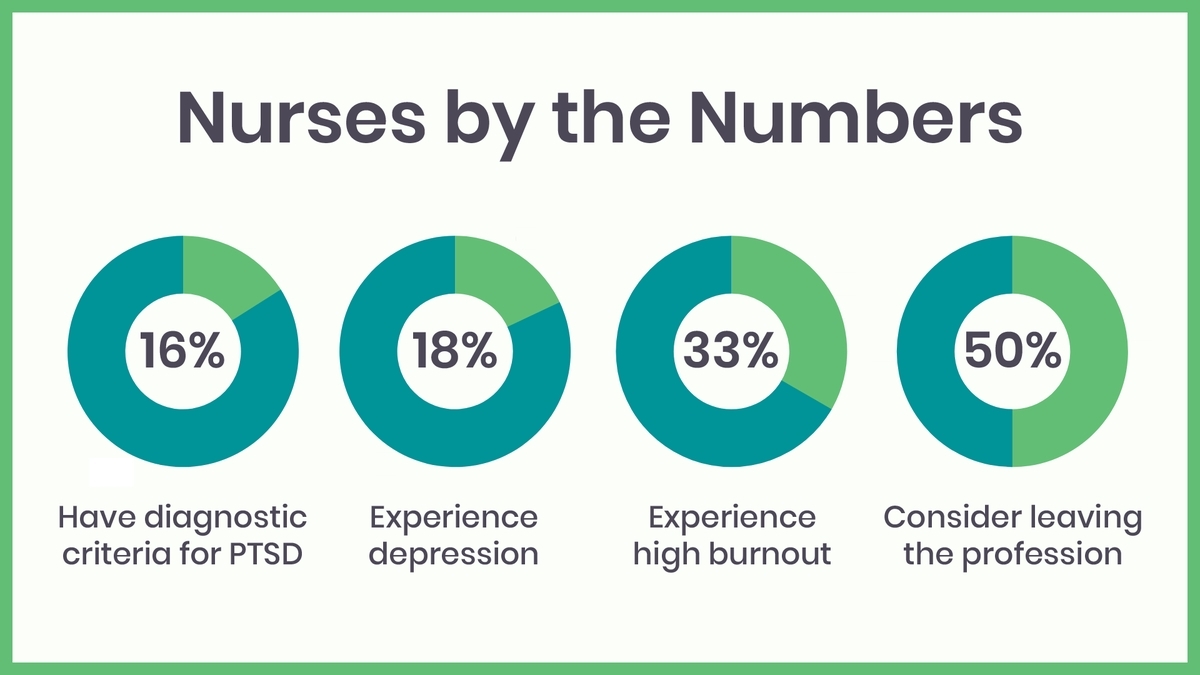Unveiling the Reality of Repeat Pre-Eclampsia Testing
A groundbreaking study conducted at King’s College London and published in The Lancet recently shed new light on the practice of repeat pre-eclampsia testing for pregnant women. The study found that this routine testing does not necessarily lead to improved outcomes, suggesting that the existing testing protocols may require re-evaluation.
Exploring the PARROT-2 Trial
Known as the PARROT-2 trial, this research involved a robust sample of 1,252 women with suspected preterm pre-eclampsia. The study specifically examined the efficacy of repeat placental growth factor-based testing (PIGF). This blood test detects levels of placental growth factor and soluble flt-1, biomarkers for pre-eclampsia. Interestingly, the findings showed that while repeat testing could expedite the diagnosis of pre-eclampsia, it did not contribute to better outcomes for either women or their babies.
Implications for Policy and Practice
The results of this study have far-reaching implications for policy, practice, and guidelines. It paves the way toward more widespread equitable adoption of an initial placental growth factor-based test when pre-eclampsia is first suspected. With about 5% of all women affected by preterm hypertension during pregnancy, a single, one-off test could prove beneficial.
Repeat Testing: An Unnecessary Practice?
Repeat pre-eclampsia testing, as the study suggests, may not be necessary for women who have previously tested negative for pre-eclampsia. However, the situation might differ for women with a history of pre-eclampsia or other risk factors. For these women, repeat testing as recommended by their healthcare provider might still be required.
Antenatal Corticosteroids and Hypertensive Disorders of Pregnancy
The research also delves into the mortality and morbidities in very preterm infants born to women with hypertensive disorders of pregnancy (HDP) who have been exposed to different courses of antenatal corticosteroids (ANS). Infants unexposed to ANS had higher odds of death, severe neurological injury, or NEC. Repeat ANS group showed a negative correlation with the duration of oxygen therapy. Partial courses of ANS administered within 24 hours before delivery proved to be protective against death and other morbidities. The optimal course of ANS is recommended within 24 hours to 7 days before delivery, but the need for repeated administration remains uncertain.
King’s College London: A Beacon of Rigorous Research and Innovation
King’s College London, the institution that spearheaded this trial, is renowned for its commitment to making a positive societal impact through rigorous research and innovation. The results of the PARROT-2 trial are a testament to this commitment, potentially catalyzing a significant shift in prenatal care practices and policies worldwide, thus improving maternal and infant health outcomes.
#Unveiling #Reality #Repeat #PreEclampsia #Testing #Key #Findings #Implications



